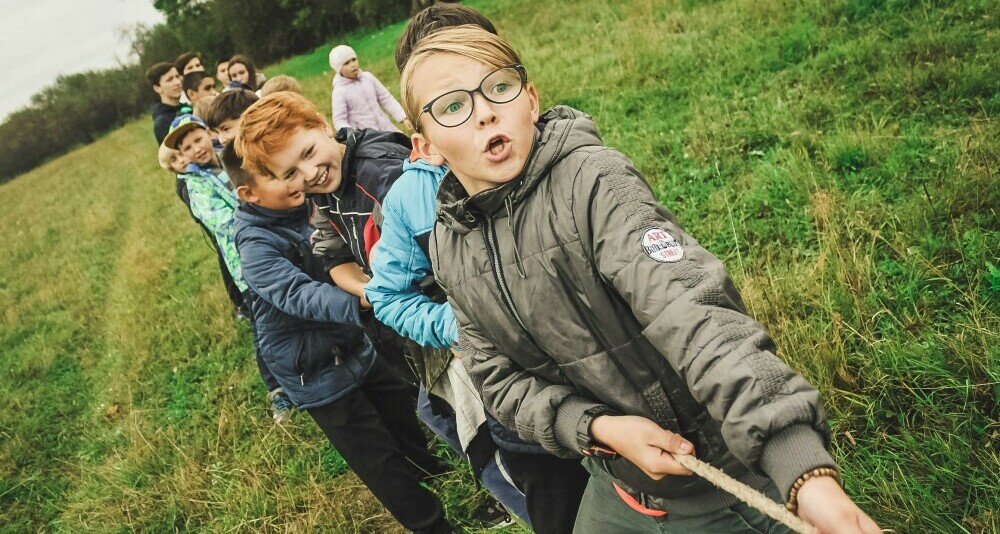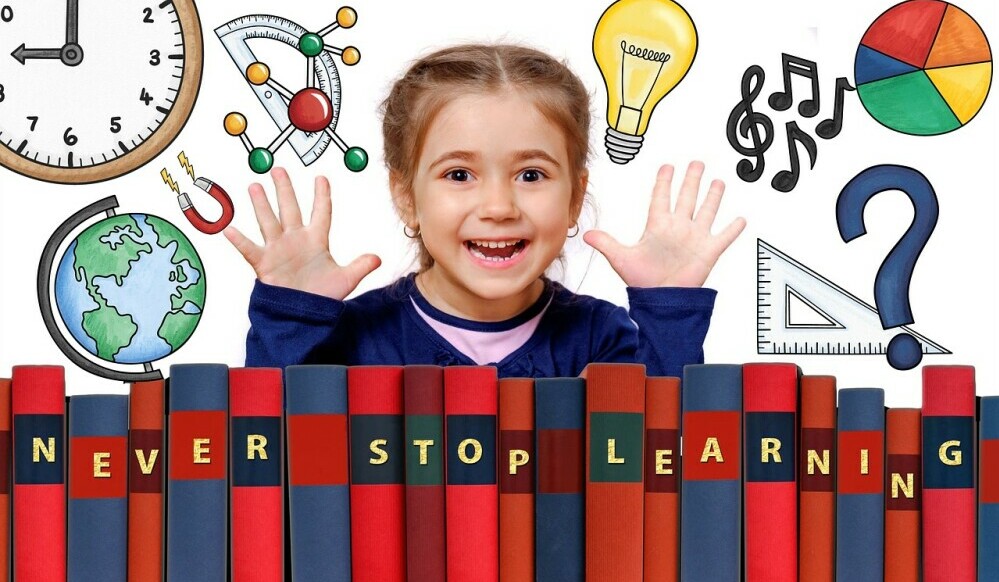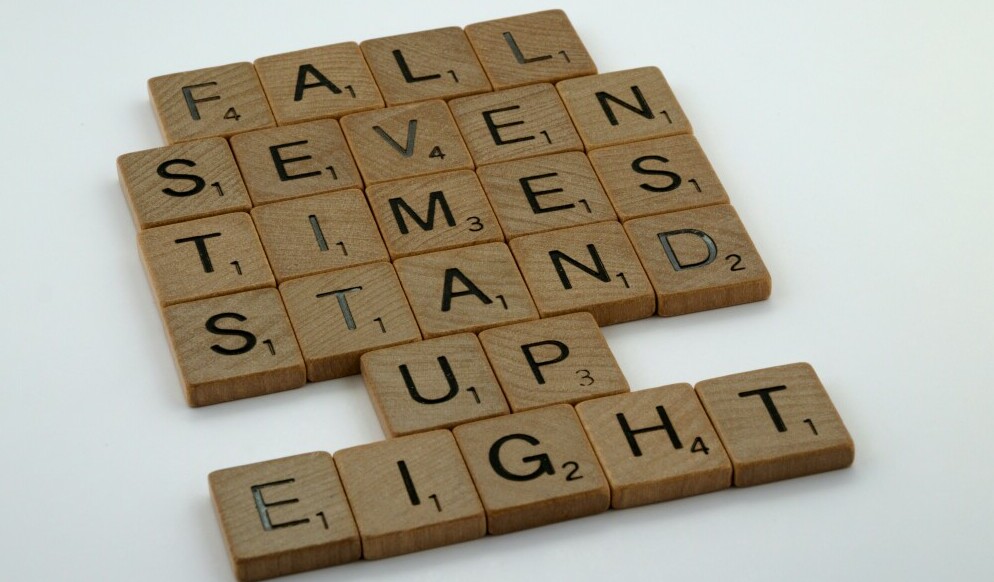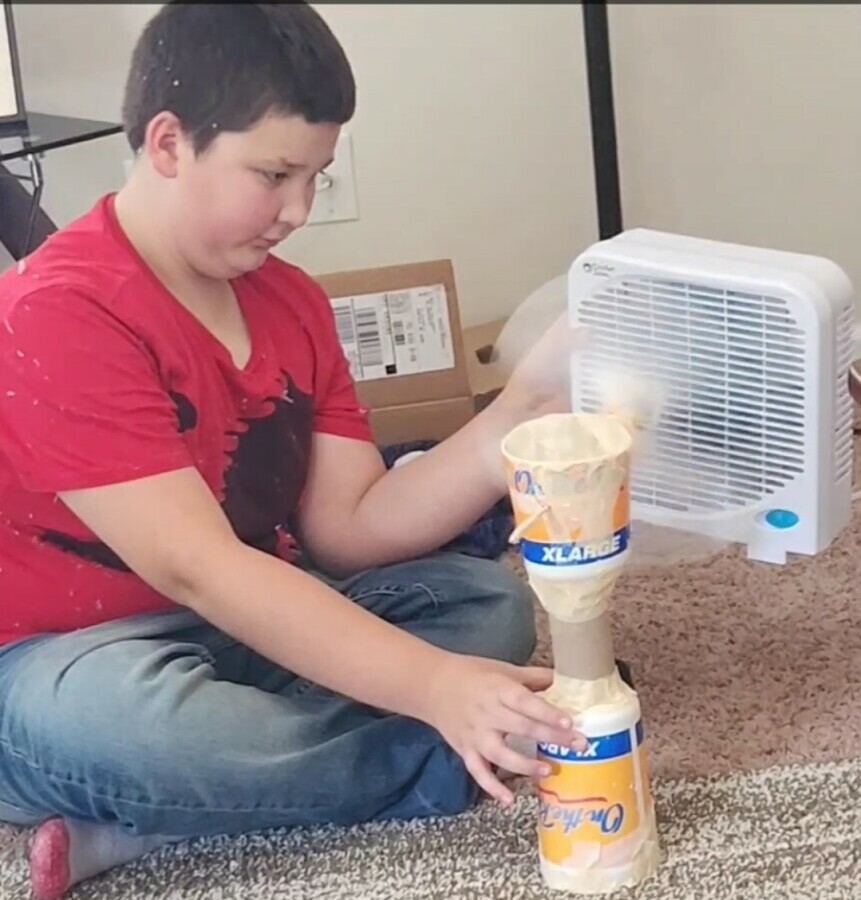I’m going to paint a clear picture of why group activities are a cornerstone of child development. This isn’t just about having fun in a group; it’s also about laying a strong foundation for a child’s social, cognitive, emotional, and physical growth.
 You’re going to find out about the power of peer interaction. It’s amazing how playing and working with others can help children learn to communicate, cooperate, and navigate social variations. This is where lifelong friendships are formed, and essential interpersonal skills are developed.
You’re going to find out about the power of peer interaction. It’s amazing how playing and working with others can help children learn to communicate, cooperate, and navigate social variations. This is where lifelong friendships are formed, and essential interpersonal skills are developed.
Now, what about the cognitive benefits? In group settings, kids learn how to solve problems together, which can lead to a deeper understanding of how to approach challenges and make decisions. They’re not just playing; they’re becoming little thinkers and innovators before our eyes!
 Let’s not forget physical development. Group activities often involve active play that requires running, jumping, and other coordinated movements. These are moments where children develop their fine and gross motor skills and learn about the importance of physical health and teamwork.
Let’s not forget physical development. Group activities often involve active play that requires running, jumping, and other coordinated movements. These are moments where children develop their fine and gross motor skills and learn about the importance of physical health and teamwork.
Emotional intelligence is also a huge takeaway from these group experiences. Sharing, empathy, and managing emotions are skills that are nurtured when kids interact with peers. They’re learning to deal with different personalities and situations, which will no doubt serve them well as they grow.
I’m here to help you understand that this is the groundwork we’re laying for healthy, well-rounded individuals. By fostering these skills in group settings, we’re preparing our children not just for school, but for life.
Cultivating Self-Assurance in Children Through Group Activities
I’m going to take you through how group activities not only foster a sense of belonging among children but also significantly boost their self-confidence. When kids work together towards a common goal, they’re not just having fun—they’re bolstering their belief in their own abilities.
Ever watched a group of children after they’ve achieved something together? That glow of pride on their faces says it all. By participating in group activities, children learn that their contributions matter, which is a powerful lesson in self-worth and assurance.
It’s not just about the success; it’s also about the perseverance. Through group tasks, children discover the value of resilience. They learn to pick themselves up after a setback as much as they enjoy the victory lap. It’s these moments that lay down the building blocks for robust self-assurance.
 There’s even more to it. Group activities can be the playground where future leaders emerge. By assigning roles and navigating interpersonal dynamics, children practice leadership skills that are integral to their future endeavors.
There’s even more to it. Group activities can be the playground where future leaders emerge. By assigning roles and navigating interpersonal dynamics, children practice leadership skills that are integral to their future endeavors.
And guess what? The evidence isn’t just hearsay. Studies consistently show that group activities are instrumental in nurturing young minds. They’ve been linked to improvements in academic performance, a heightened sense of community, and better communication skills.
So my question to you today is, are you providing enough opportunities for the children in your life to grow through group activities? Whether it’s through school projects, sports teams, or family games or even volunteering—ensure that you’re offering a supportive environment for these experiences to take place.
 As I wrap up, I’d love to hear your thoughts. Have you noticed changes in your child’s self-assurance after participating in group activities? What types of group engagements have made a significant impact? Your insights could be incredibly valuable to other parents and educators looking to foster similar growth in children. Feel free to leave a comment or shoot us an email and we will get back to you as soon as we can!!
As I wrap up, I’d love to hear your thoughts. Have you noticed changes in your child’s self-assurance after participating in group activities? What types of group engagements have made a significant impact? Your insights could be incredibly valuable to other parents and educators looking to foster similar growth in children. Feel free to leave a comment or shoot us an email and we will get back to you as soon as we can!!